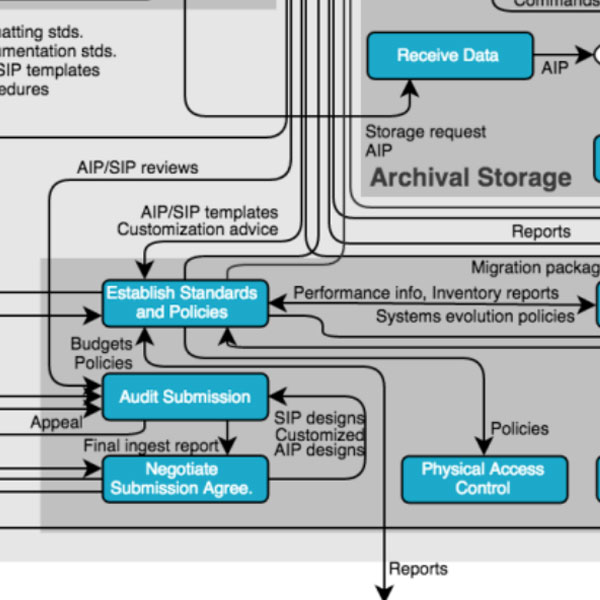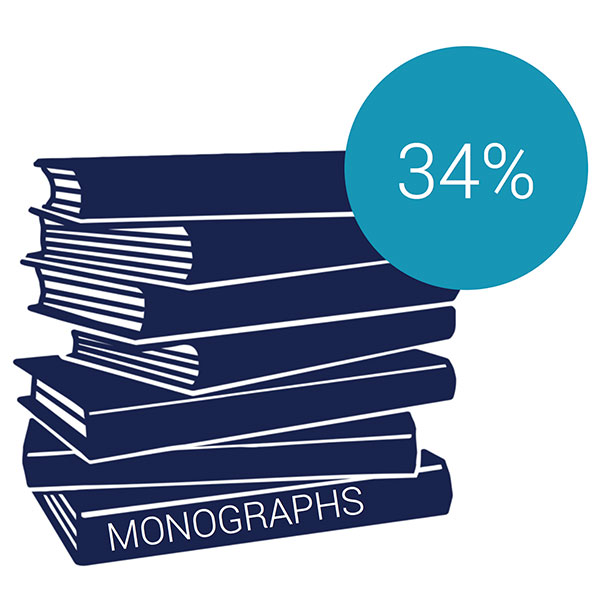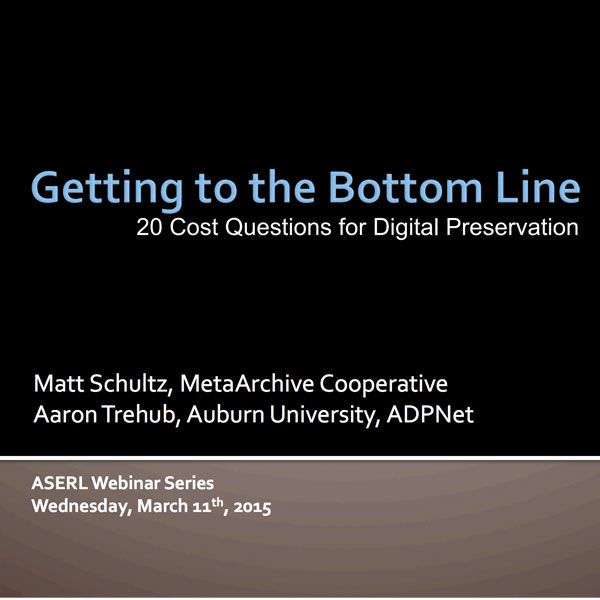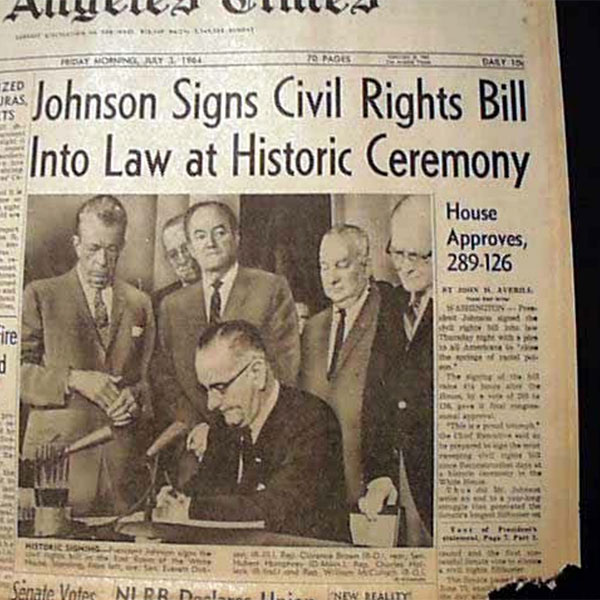Resources
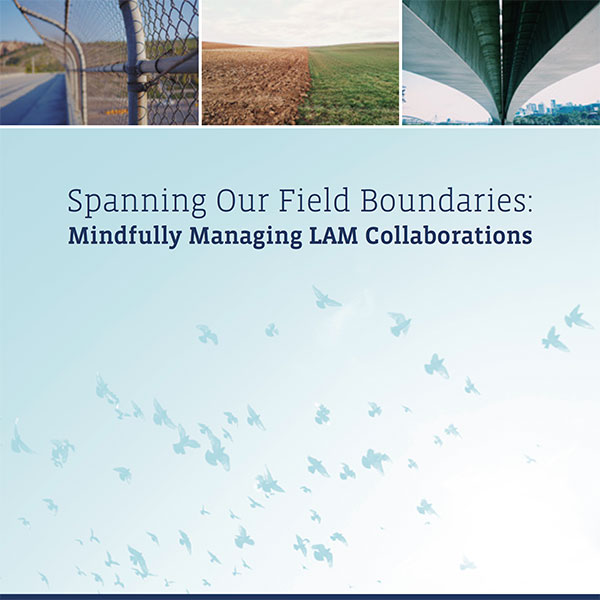
October 6, 2015
Spanning Our Field Boundaries: Mindfully Managing LAM Collaborations
Museums, archives, and libraries serve as knowledge conduits for their constituent communities. A core focus for each of these three fields is organizing and adeptly connecting users with content, often in service to the public good. This mission alignment positions organizations in these fields to collaborate. Federal funding agencies, such as the Institute of Museum … Continue reading Spanning Our Field Boundaries: Mindfully Managing LAM Collaborations
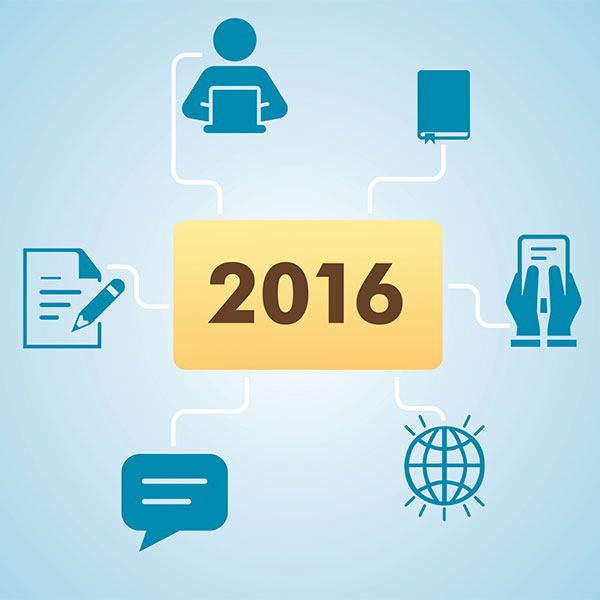
October 1, 2015
Library Publishing Directory, 2016
The Library Publishing Directory provides an annual snapshot of the publishing activities of academic and research libraries, including information about the number and types of publications they produce, the services they offer authors, how they are staffed and funded, and their future plans. In documenting the breadth and depth of activities in this field, this resource aims to articulate … Continue reading Library Publishing Directory, 2016
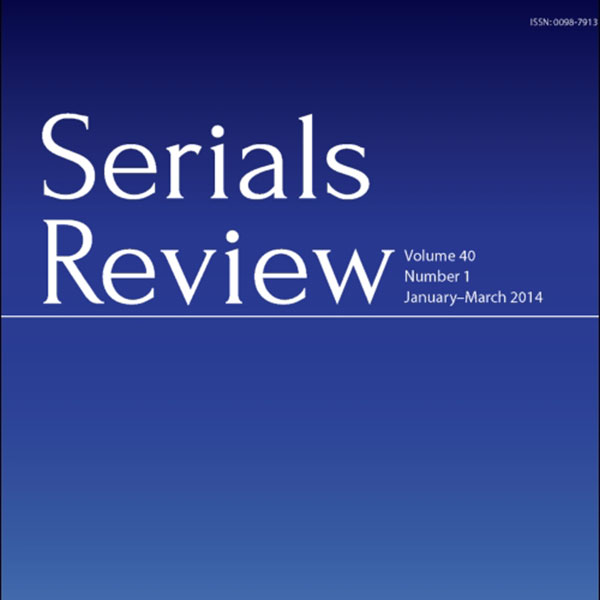
September 6, 2015
Taking Action in a Critical Moment: From Innovation to Impact
In an era characterized by rapid technological change, academic publishers and the many stakeholders who support them have adapted and morphed, shifting our procedures and priorities to meet the challenges of dissemination and stewardship in an increasingly digital world. This article discusses today’s critical moment in academic publishing and its implications for the future. Using … Continue reading Taking Action in a Critical Moment: From Innovation to Impact
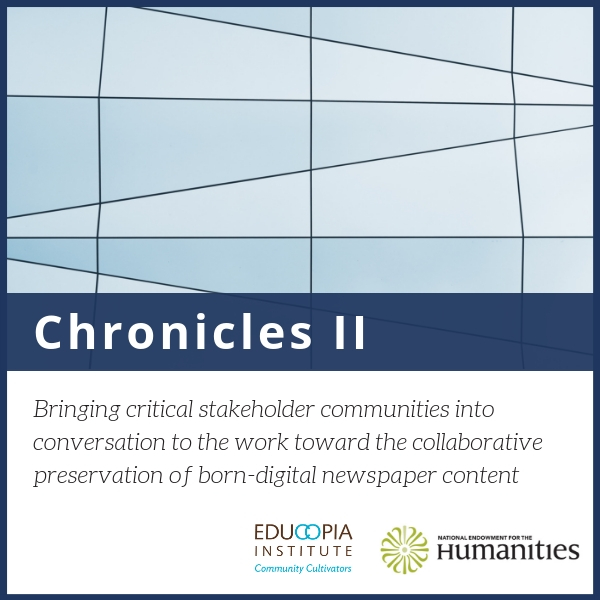
June 8, 2015
Scanning the Environment: North Carolina Born Digital News Preservation Practices 2015
What little is known about news preservation practices in the United States is alarming. In 2012, the Pew Research Center’s Project for the Excellence in Journalism cited that already “the emerging world of community online news, less than a decade old, can be difficult to access.” A 2012 survey of news librarians conducted by the … Continue reading Scanning the Environment: North Carolina Born Digital News Preservation Practices 2015
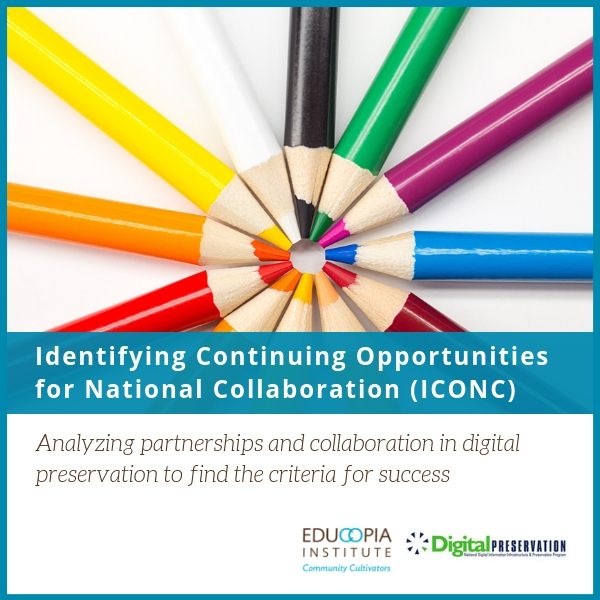
January 28, 2015
ICONC Project Dataset
Within this .zip file are four files pertaining to the ICONC project dataset. An .xls excel workbook holds 13 pivot table report views on individual worksheets, as well the ICONC project’s raw data worksheet. Data report views include: Timeline, Project Lifespans, All State Activity Profiles, State Profile Detail, Activity_Histogram by Type, Activity Listing, Organization Histogram … Continue reading ICONC Project Dataset
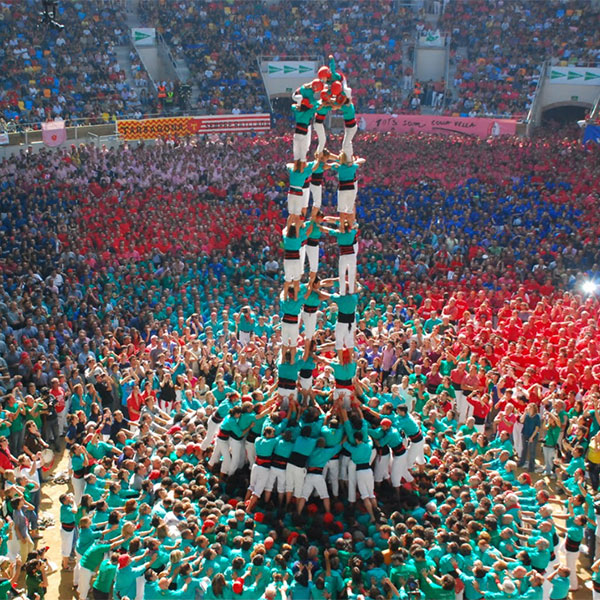
January 13, 2015
Funding Panel: Innovative Funding Models
Science relies on funding. The models that have controlled scientific research funding for the last half century have brought us where we are today. But do they also contain the seeds of their own destruction? Despite the obvious benefits of rigorous peer review in funding cycles, excessively competitive review processes can encourage counter-productive behaviour by … Continue reading Funding Panel: Innovative Funding Models
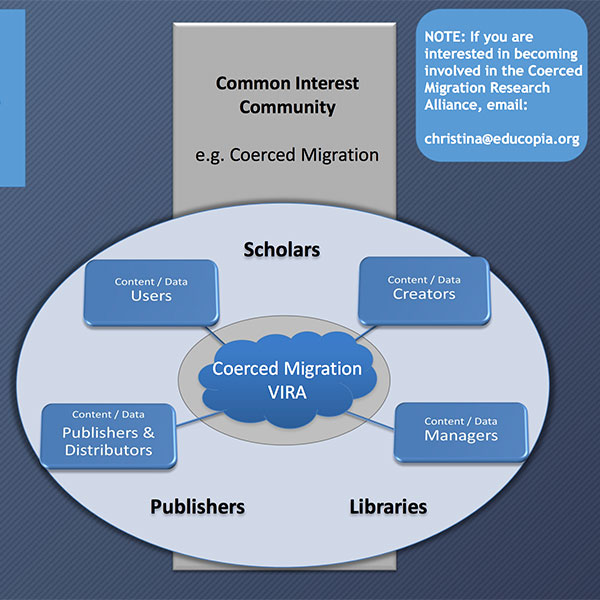
January 12, 2015
The Chrysalis Project White Paper: Opportunities for New Types of Research Alliances
How can we collectively design systems and organizations that will most effectively sustain innovative new varieties of digital scholarship over time? The Chrysalis project undertook a one-year planning effort funded by the Andrew W. Mellon Foundation to study this question by researching models for implementing vertically integrated research alliances (VIRAs) designed to sustain digital scholarship. … Continue reading The Chrysalis Project White Paper: Opportunities for New Types of Research Alliances
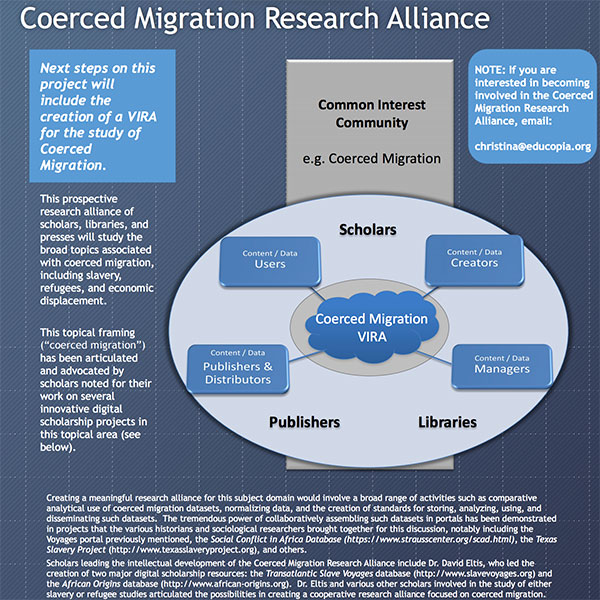
January 12, 2015
The Chrysalis Project White Paper: Opportunities for New Types of Research Alliances
How can we collectively design systems and organizations that will most effectively sustain innovative new varieties of digital scholarship over time? The Chrysalis project undertook a one-year planning effort funded by the Andrew W. Mellon Foundation to study this question by researching models for implementing vertically integrated research alliances (VIRAs) designed to sustain digital scholarship. … Continue reading The Chrysalis Project White Paper: Opportunities for New Types of Research Alliances
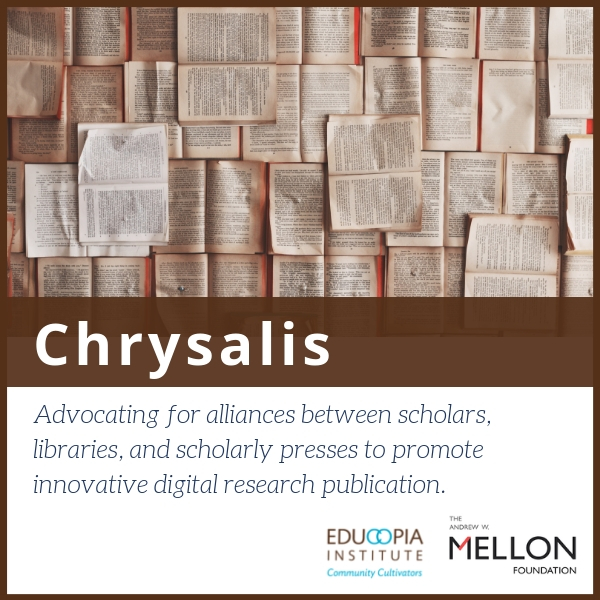
January 9, 2015
Chrysalis: Moving Forward Collectively
After summarizing critical systemic issues within scholarly communications, this white paper explores the translation and applicability of the established Collective Impact model to foster change towards digital scholarship sustainability. A rationale and process for using the Collective Impact model within scholarly communications is followed by observations from an initial pilot event held with stakeholder representatives. … Continue reading Chrysalis: Moving Forward Collectively

January 9, 2015
Vertically Integrated Research Alliances: A Chrysalis for Digital Research
This white paper summarizes the findings from a one-year planning project that explored the Vertically Integrated Research Alliance (VIRA) model viability within three specific humanities domains. The VIRA model is defined, and the results from stakeholder focus groups are noted.
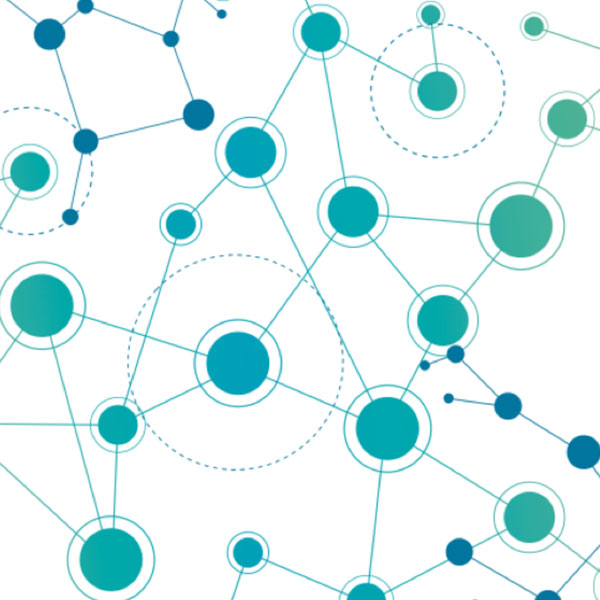
January 7, 2015
Hosted and Distributed Services
CurateGear 2015 was an interactive day-long event focused on digital curation tools and methods. Participants saw demonstrations, heard about the latest developments, and discussed application in professional contexts. The event was sponsored by the School of Information and Library Science at the University of North Carolina at Chapel Hill and the Andrew W. Mellon Foundation … Continue reading Hosted and Distributed Services

January 6, 2015
U.S. Digital Preservation Collaborations from 1994-2014 State-by-State Overviews
In 2012, the Educopia Institute was approached by the Library of Congress’ National Digital Information Infrastructure and Preservation Program (NDIIPP) to identify and document collaborative digital preservation activities in the U.S., across relevant memory sectors (e.g., academic, government, archival, museum, nonprofit, and commercial). Using these “state profiles”, Educopia was also asked to help NDIIPP identify … Continue reading U.S. Digital Preservation Collaborations from 1994-2014 State-by-State Overviews
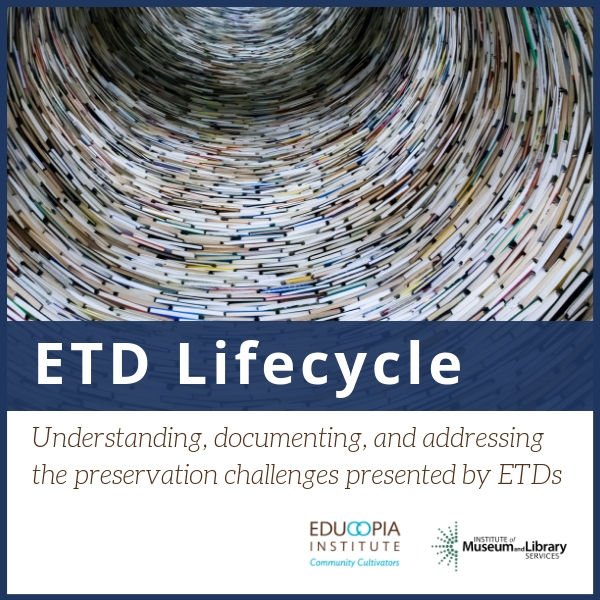
November 12, 2014
ETD Lifecycle Management Tools
The project team developed and documented software tools to be used as micro-services to assist in ETD lifecycle management. Micro-services are single-function services that can be used individually or incorporated into existing repository workflows. The tools were openly licensed for use and modification through the University of North Texas Libraries and were distributed freely in … Continue reading ETD Lifecycle Management Tools
November 11, 2014
Jump In: Taking Action in a Critical Moment
Closing remarks by Katherine Skinner, Educopia Institute executive director, and event reflections and evaluation.
